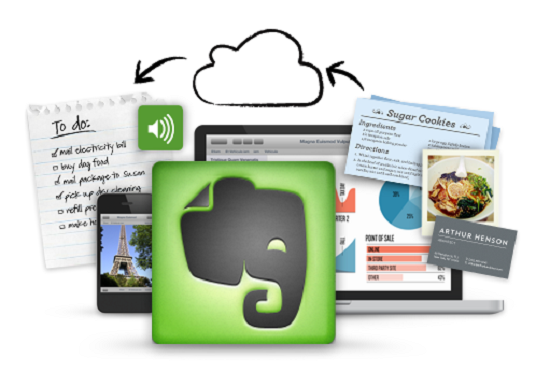
We inexorably move closer to January. With it, we move closer to new, impressive devices. Hopefully impressive. In Research In Motion’s case, they have be banking on that word impressive. Their new BlackBerry 10-based devices have a lot to work up to, and they have to impress a lot of people out there. But, the software itself will only go so far. Even the hardware can only do so much to sway people to buy RIM’s new devices.
In today’s market, it’s about the expanded ecosystem. With cloud services being so important, especially to a growing number of mobile users out there, having access to a wide set of devices, all able to access content on the go, is very important. I know that, personally, a limited ecosystem is a non-starter for me. I have to be able to move seamlessly from one device to another, even if that makes use of first- or third-party applications. It’s all about the connected ecosystem.
As it stands right now, this is one area that I think we haven’t heard enough of. RIM is obviously hard at work on BlackBerry 10, and all of its new features for its mobile devices, which will include at least one tablet in the fold. (That BlackBerry PlayBook will be quite interesting with BB10 on board, I think.) However, thanks to the SDK that RIM released not too long ago, we do know that RIM is going to use Evernote for document, contacts, email and calendar organization.
That’s a good start.
But that’s just part of what RIM needs to release for the consumer come 2013. While it’s great that RIM is making sure that your documents and contacts, along with a few other things, are organized and backed-up into the cloud (based on information from the SDK, mind you. We’ll see what it looks like at launch.), people have grown accustomed to more. Thanks to Apple’s iOS, Google’s Android, and especially Microsoft’s Windows Phone platform, the bigger the cloud and its available options therein, the better.
I believe that Research In Motion has plenty left to show off in January, and a lot of those new features are going to wow the audience. And especially the consumer. I believe there is still plenty of time left for RIM to make a “come back,” and prove to the mobile industry that they’ve still got juice. However, RIM can’t play a small game here. They have to come out in 2013 swinging. They have to aim big, even if they are trying to achieve the “third spot” amidst the mobile industry. Why? Because even Windows Phone is aiming to bring people into their ecosystem by offering all sorts of different media, the cloud, and multiple devices to enjoy that content on.
Right now, as it stands, RIM’s BlackBerry Video Store is available on their PlayBook tablet, both here in the States and in Canada, so RIM should be aiming to expand that availability, as well as its hardware support, right out of the gate for BlackBerry 10. RIM needs music, movies, TV shows, podcasts, and a wide variety of all those things to ever hope to compete with the competition.
(The apps that allow access to these pieces of digital content on BlackBerry-branded devices already are a good start. They just need to be “bigger.”)
Then again, maybe that’s not the angle that RIM needs to take. Perhaps, right at the start, the Waterloo-based company needs to just make sure that BlackBerry 10 has the best hardware possible, both in aesthetics and function, as well as software that offers plenty of options, and is without lag or hindrance.
So let me know, Dear Reader. Do you think RIM needs to expand their ecosystem, to ever have a chance at competing with the likes of Apple, Google, or even Microsoft? Or does RIM need to start “small,” and just focus on hardware and the software it launches from the start? Let me know what you think!